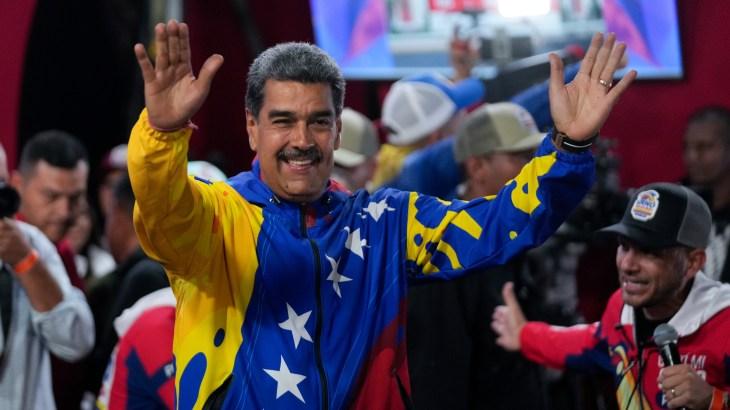The article discusses the outcome of Venezuela's recent presidential election, where Nicolas Maduro claimed victory despite contested results. It also delves into the implications of his win and the potential future scenarios for the country.
Venezuela’s President Nicolas Maduro has secured a third term in the tightly contested election, with over 51 percent of the vote. The opposition, led by Edmundo Gonzalez, has contested the results, claiming their candidate received 70 percent of the vote. Maduro declared that a foreign actor attempted a "massive hack" on the electoral process, urging respect for Venezuela's sovereignty.
On the other hand, opposition leader Maria Corina Machado also proclaimed victory, pledging to announce actions to defend their perceived truth. The opposition vows to continue fighting until the truth prevails and the popular sovereignty is respected.
Maduro's re-election bid and the opposition's challenges amidst economic difficulties have set the stage for potential future developments in Venezuela. International responses and the role of the military will play crucial roles in shaping the country's path moving forward.
The article further explores the potential consequences of Maduro's victory, including a possible increase in Venezuelan migration due to economic hardships. It also discusses the opposition's outlook and the significance of international and internal pressure in determining the country's future.
US Secretary of State Antony Blinken and other world leaders have expressed skepticism over the election results, calling for transparency and verification. However, leaders like Russian President Vladimir Putin and Cuban President Miguel Diaz-Canel have embraced Maduro's victory, emphasizing the strategic partnerships with Venezuela.
The article details the international reactions to Venezuela's disputed election outcome, providing insight into the diverse sentiments surrounding Maduro's win.
Source: ALJAZEERA
ALJAZEERA MEDIA NETWORK
